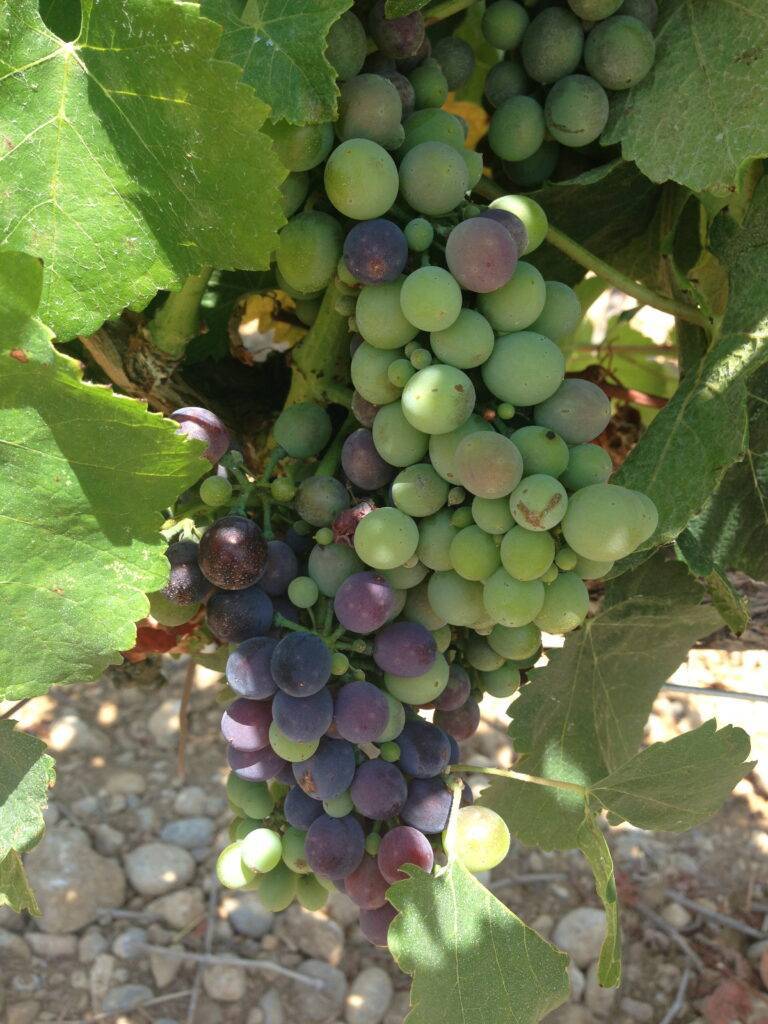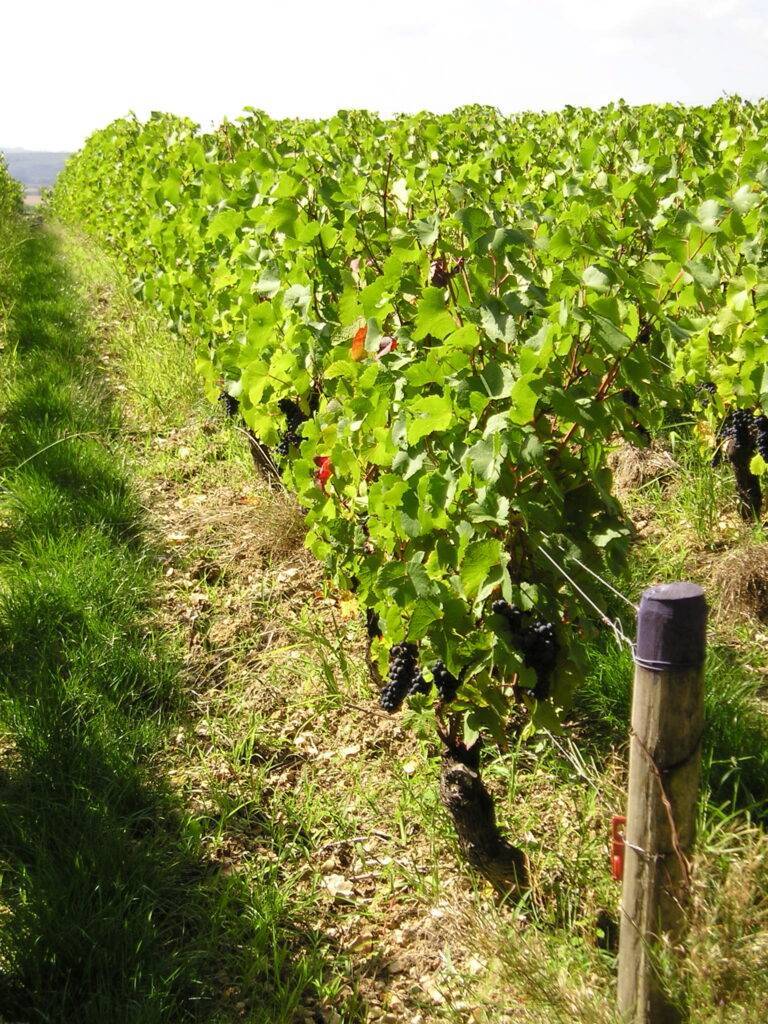Organic, biodynamic, natural and vegan wine, what are the differences?

Organic wine
Organic wines are wines from organic agriculture, chemicals are prohibited in the vineyard as in the cellar, only a list of certified organic inputs are allowed. The rate of added sulfites is lower than in conventional agriculture. The compulsory organic label is now European, the French label can however be kept and put forward by the winemaker.
Biodynamic wine
In the biodynamic approach to wine production, the soil is considered a living organism. Like organic wine, chemicals are prohibited as well as the use of pesticides. The winemaker works according to the lunar calendar and uses preparations based on plants, minerals and animals materials. The best known certification is the Demeter label.
Natural wine
Very fashionable, the term “natural wine” has however remained vague for a long time due to the lack of a common approach to define the rules of production. Most often considered as a wine “without sulfites”, some claim a practice without human intervention.
From now on, the label “vin méthode nature” (natural wine method) frames the production for the winemakers who wish to adhere to it. These wines must have 100% organically grown grapes, there are no added sulfites, no use of exogenous yeasts and no “brutal” practices (such as flash-pasteurization) in winemaking. Moreover the grape harvest must be manual.
Vegan wine
While not necessarily organic or natural, vegan wine benefits from a different fining process. Fining consists of removing any solid particles suspended in the wine. Usually involving the use of egg white, fish glue and animal proteins, the winemaker separates from these components in favor of minerals and plant proteins. It is therefore a wine that implies the use of no animal products, whether in the winemaking process, in the treatment or in the work of the vines.



